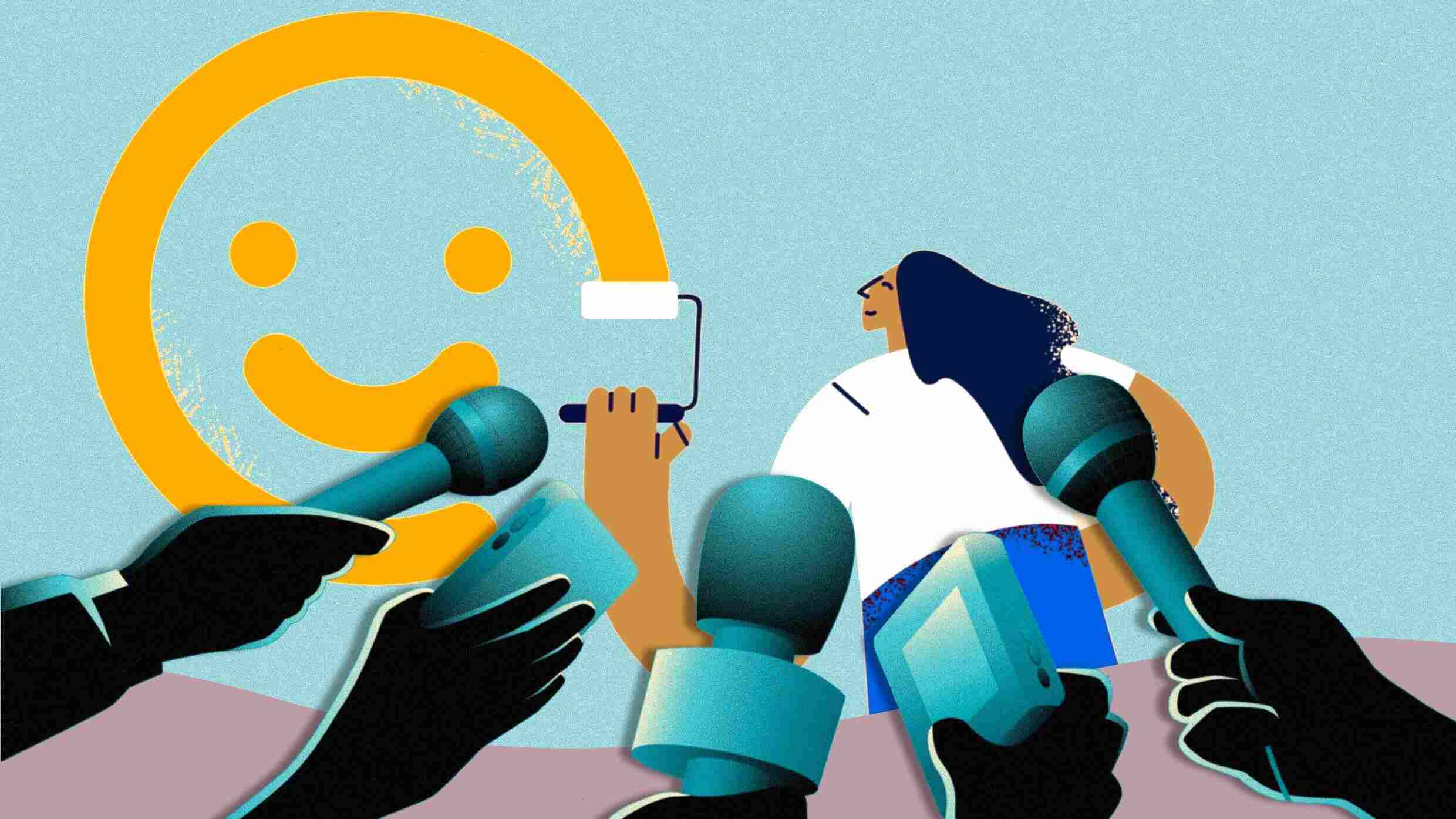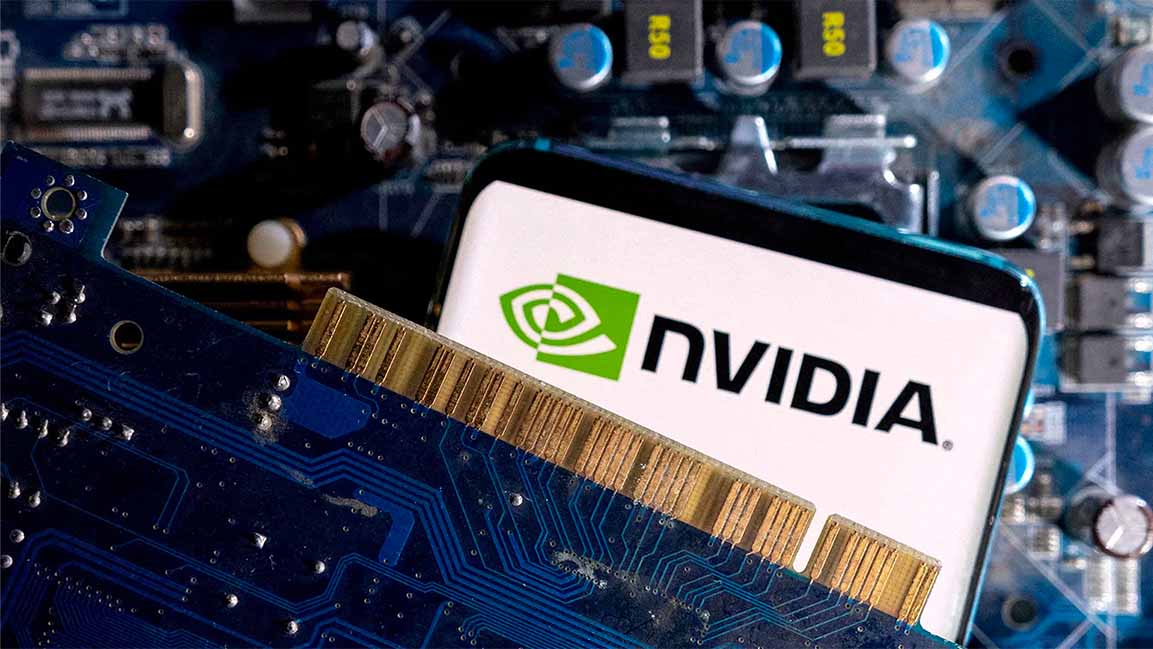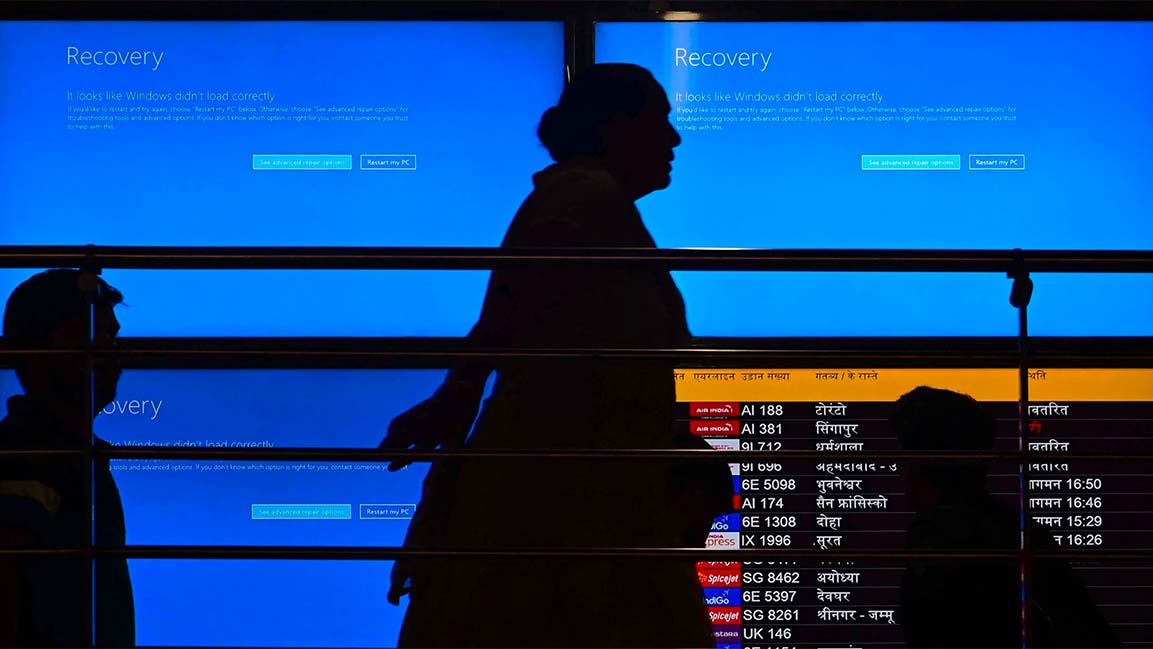- | 9:00 am
This startup comes bearing good news in the Middle East
Goodable uses AI to search various global news sources daily and tell feel-good stories

In the 60s, when US President Lyndon B Johnson complained about the lack of optimistic news to Henry Luce, Time magazine publisher and editor, Luce replied, “Good news isn’t news. The bad news is news.” This is true, particularly with the 24/7 news cycle of the climate crisis, recession, layoffs, war, and conflict – all remain unresolved, unpredictable, and urgent.
Amid doom scrolling, many find themselves struggling with their mental health, feeling “bombarded” by bad news, and are looking for, if not an escape, then a breather.
What if positive news is just as important?
A former CNN and ABC war zone correspondent, Muhammad Lila, says, “I’ve spent most of my career covering warzones, leading teams into the most dangerous places in the world. One day, my team and I were held at gunpoint. We made it out safely, but I kept asking myself, ‘Why are they sending journalists like me to cover bad news? Why don’t we ever cover good news?’”
Lila became obsessed with those questions and found people were desperate for emotionally satisfying storytelling, but nobody was giving it to them.
“So I decided to build a platform that harnesses the power of the most addictive experience in the world – checking your content feed – and use it to help people instead of harm them.”
FEEL-GOOD STORIES
He is the creator of Goodable, a positive news outlet set up in 2020 during the pandemic. This Hub71 startup uses AI to search various global news sources daily and tell feel-good stories. It has spent years building and training its AI, which now, Lila claims, is 98% accurate.
“There are a few happy platforms on social media, but none use technology like we do,” he says. “We can scan anything and immediately determine if it’s healthy to consume. Our technology can then package it into any written format, and through our API, we can deliver it to almost any screen or device in the world.”
Recently, it announced the results of its clinical trials establishing Goodable’s ability to improve overall mood, anxiety, and depression by as much as 96% – in as little as five minutes per day.
“Our clinical trials now show we’re more effective than Headspace and Calm (meditation apps) in roughly one-third of the time required,” says Lila.
REDUCE ANXIETY AND DEPRESSION
While the clinical trials show that immediate exposure to Goodable can improve mood by up to 96%, Lila says, on a prolonged basis, it can also reduce anxiety and depression symptoms by 22% to 25%.
Arguably, it is impossible to prove that the news has gotten worse, but the problem is that we find ourselves compelled to be informed in a world of instant gratification.
“News is the biggest driver of depression in the world,” says Lila. “Companies lose billions of dollars a year trying to solve the problem on the periphery, experimenting with everything from mindfulness apps to digital health therapy. What makes us successful is solving the problem at the source.”
Today, the startup generates around 100 million screen impressions per month. Its AI-driven content could be found in the world’s most iconic buildings, from the Empire State Building to the Willis Tower in Chicago.
“People message us all the time telling us what a difference we’ve made in their lives. Some say they’re no longer suicidal. Others say we’ve helped them overcome their depression. As a founder, it’s the best feeling in the world,” he says.
Mental health is a growing priority in the MENA region. Employers worldwide lose 12 billion working days every year due to mental health, which amounts to a total market opportunity of $1.4 trillion.
In the UAE alone, 98% of all employees say they’ve experienced at least one symptom of burnout over the past year, and 46% say their sleep has been disrupted due to stress from work.
“We’re at the beginning of a massive shift in the region,” adds Lila. “Mental health used to be an afterthought, but now employers have realized that mental health is critical to an engaged and productive workforce. An average employee spends 151 minutes daily consuming harmful content on their phones or TV screens. Google solves the problem.”
Unlike other mental health platforms, Goodable does not require users to adopt a new user behavior such as mindful meditation. Instead, it delivers results through something users already do every day- content consumption.
So now you don’t need to be depressed to feel compelled to quit the 24/7 news cycle. The positive news in Goodable is appealing. Some good news includes scientists finding a way to repair memory problems in Alzheimer’s patients and lions rescued from war-torn Ukraine and how a nearby exoplanet might be filled with life-giving water. The bulk of it is resourceful and heartening in its collective endeavor.
It’s a reminder that there’s always good stuff happening, even if we don’t always hear about it.
“Eventually, we’ll be able to filter out everything negative you see online, from those pesky ads that won’t go away to DMs or emails that put you in a bad mood. It will change how we consume content forever,” Lila adds.
But does bad news go away with a blanket of optimism? Taking a more measured approach works.








































